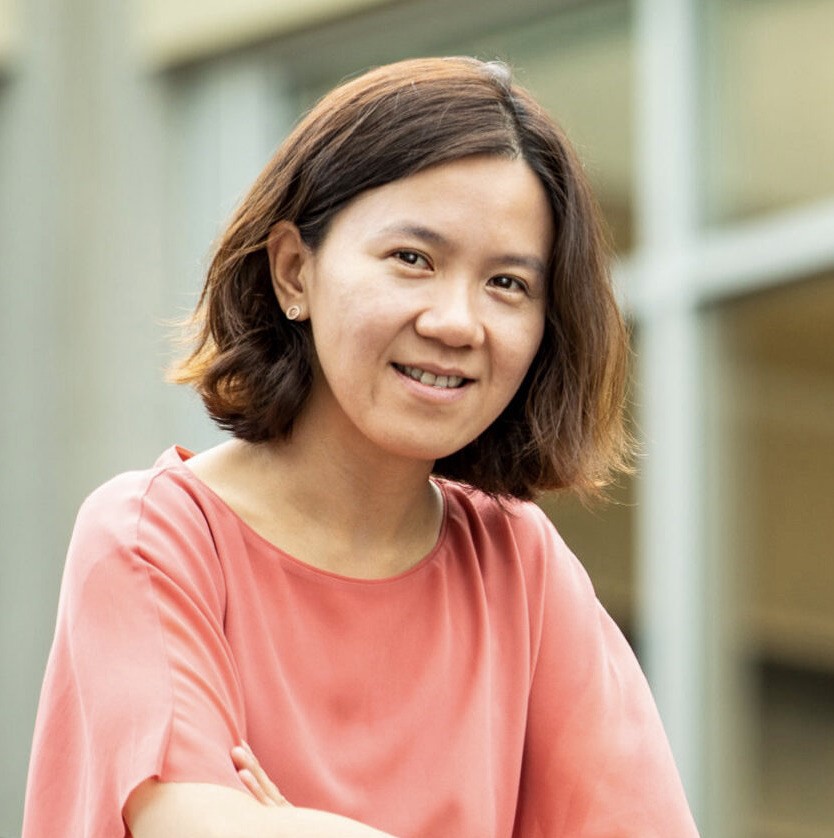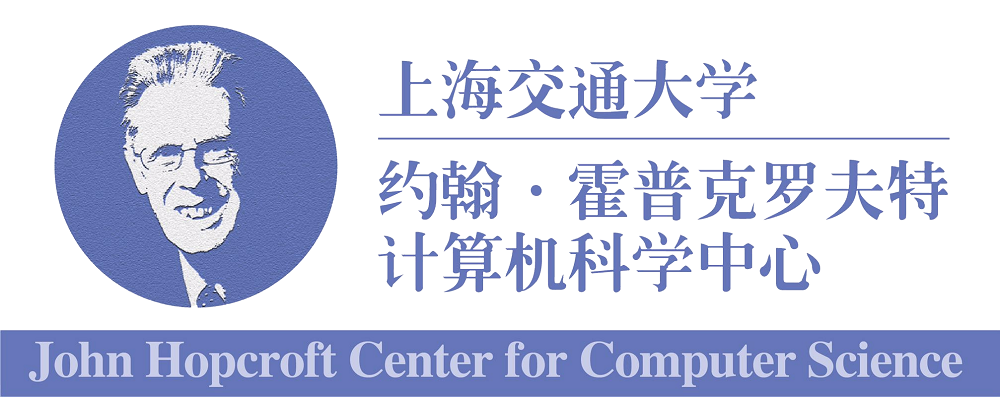How to Hide Secrets in Software?
Speaker

Time
2023-07-03 15:00:00 ~ 2023-07-03 16:30:00
Location
东中院1-107
Host
郁昱
Abstract
At least since the initial public proposal of public-key cryptography based on computational hardness assumptions (Diffie and Hellman, 1976), cryptographers have contemplated the possibility of a “one-way compiler” that translates computer programs into “incomprehensible” ones that compute the same function. In this talk, we will describe a mathematical formalization of this goal known as indistinguishability obfuscation (iO). Over the past decade, It has been demonstrated that iO is a fascinating and powerful tool that enables a host of new cryptographic goals and beyond. We then convey the high-level idea of how to construct iO based on three well-studied hardness assumptions.
Joint work with Aayush Jain at CMU and Amit Sahai at UCLA.
Bio
Huijia (Rachel) Lin is an Associate Professor in the Paul G. Allen School of Computer Science and Engineering at the University of Washington, where she co-leads the Cryptography Lab. Before joining the University of Washington, she was an Assistant Professor in the Department of Computer Science at the University of California, Santa Barbara. Earlier, she obtained a PhD in Computer Science from Cornell University, and was a post-doctoral researcher at MIT Computer Science and Artificial Intelligence Laboratory (CSAIL) and Department of Computer Science at Boston University. Her research interests are in Cryptography, and its interplay with theory of computer science and security. She is a recipient of a US National Science Foundation CAREER award, a Hellman Fellowship, a best paper award honorable mention at Eurocrypt 2016, and best paper awards at Eurocrypt 2018 and STOC 2021.

